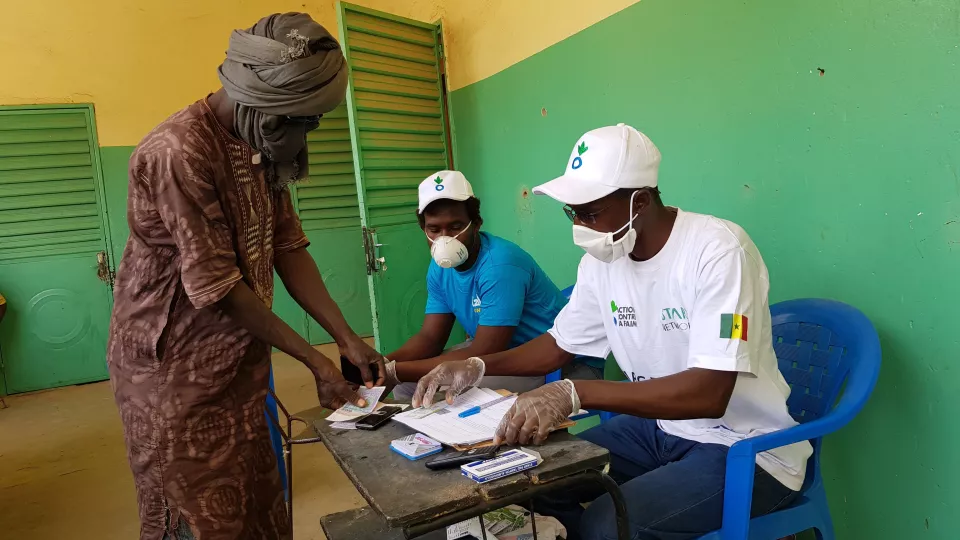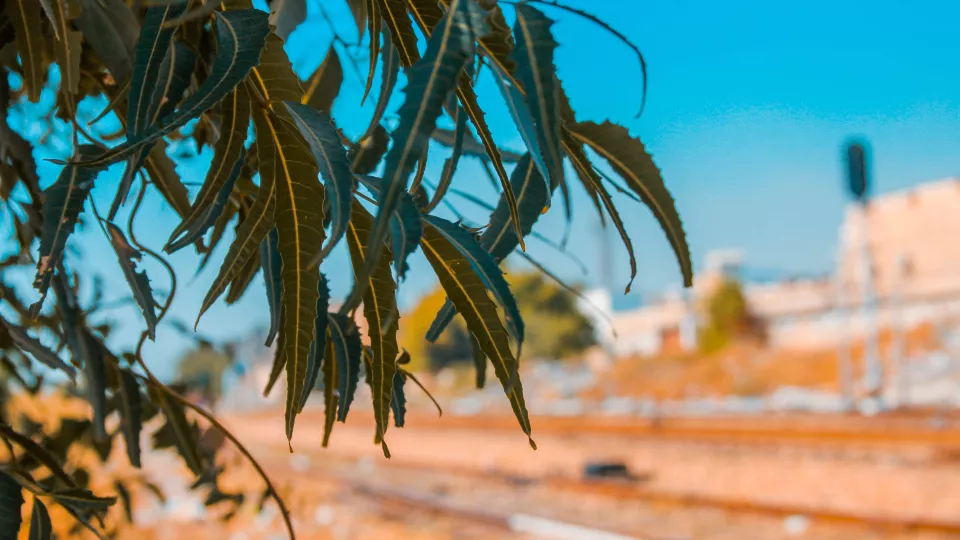Interview with Naseer Channa
Last month, four humanitarian organisations from Pakistan joined the Start Network, and one of these is BSDSB. We spoke with Naseer Channa about his previous interactions with the Start Network and his motivations for joining.



